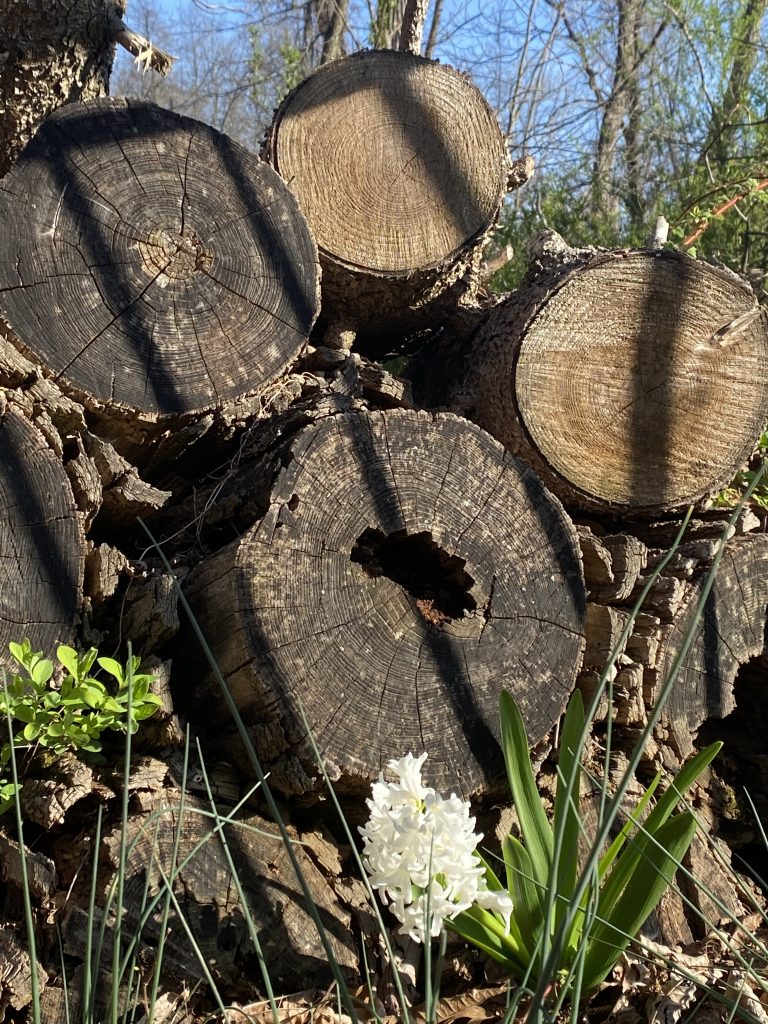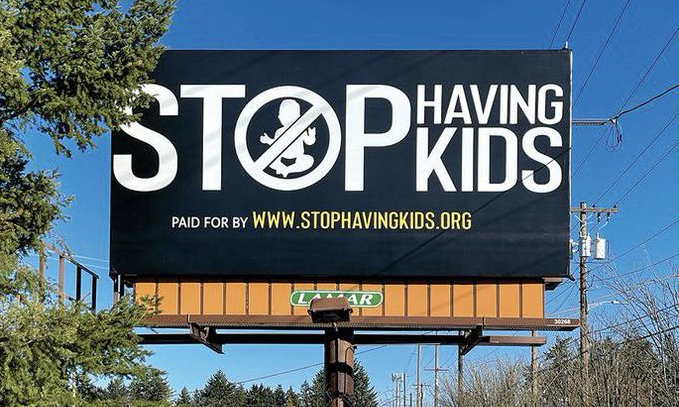
by Bonnie Finnerty, Education Director
It was the Spring morning I’d been longing for. Brilliant sunshine embraced me as I stepped outside with my freshly-brewed coffee, observing the green wave of new life that creeped over my backyard.
As I strolled beyond the cultivated garden beds, I spotted the unexpected. Beyond the back fence, amidst last season’s decomposing yard debris, perched at the foot of a withered woodpile, was a magnificent singular white hyacinth.
This lone bulb must have been accidentally uprooted last year and transplanted to a less than ideal home, the wildly overgrown woods where we dump clippings and weeds.
Yet, somehow that bulb found just enough light, warmth, and nourishment to produce a majestic flower that filled me with joy by its very existence. I thought it more beautiful than any other flower in my yard. It not only survived, it thrived, and it was all the more glorious for the contrast it provided to its own barren and bleak surroundings.
It was a little metaphorical signpost from our Creator, a reminder of both the potential and resiliency of life, especially human life. How many of us have been thrown into less than ideal circumstances, and yet managed to survive? How many of us were born into such a situation?
Our society mistakenly leads us to believe that we can only welcome new life at the ideal time, in the ideal place, with the ideal partner. And when any of those conditions are not met, some believe that it is better for everyone’s sake, including the child’s, to reject that budding life so full of potential and resiliency. How many babies are aborted every single day, never being given any chance at life because circumstances are perceived to be less than ideal?
When a young woman faces an unplanned pregnancy, she is uprooted into an unfamiliar world that she can find frightening. It can be difficult to see past the present moment of fear and uncertainly. Thrown into rocky soil, she may be unsure if she can become rooted again and provide for herself and her child.
But nature itself reflects the buoyancy of the human spirit, the untold potential, the possibilities that can be.
Let us be that society that provides enough light, warmth, and nourishment that envelopes her as she brings forth new life. Let us help her look beyond the imperfect situation of the present moment and envision the hyacinth that might be awaiting. Let us say with our lips and show with our actions this simple but often forgotten truth: that in less than ideal circumstances, beauty can still bloom, life can still blossom, and the world made infinitely better for it.

